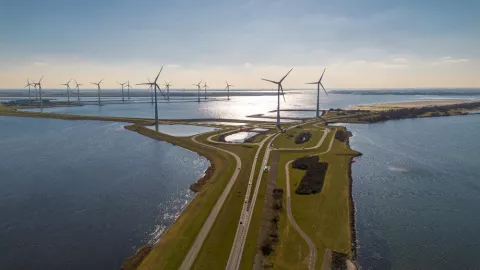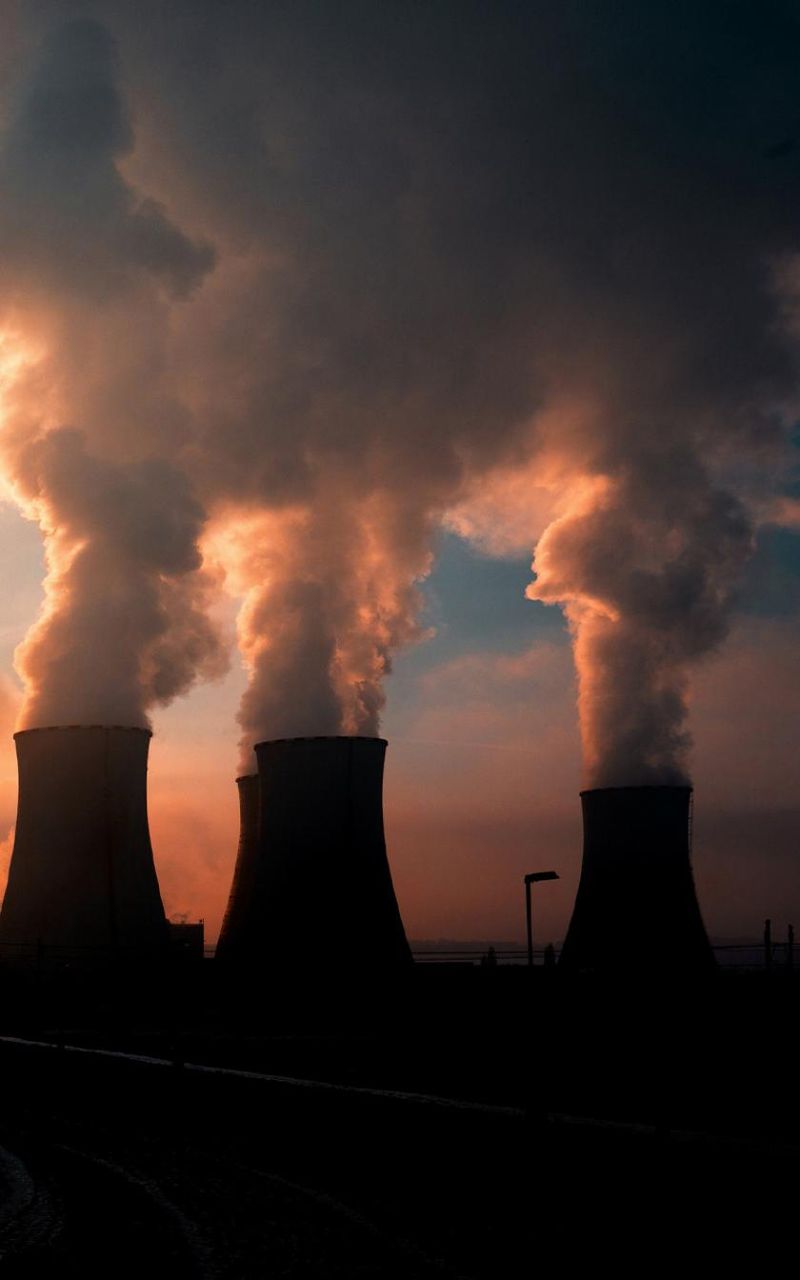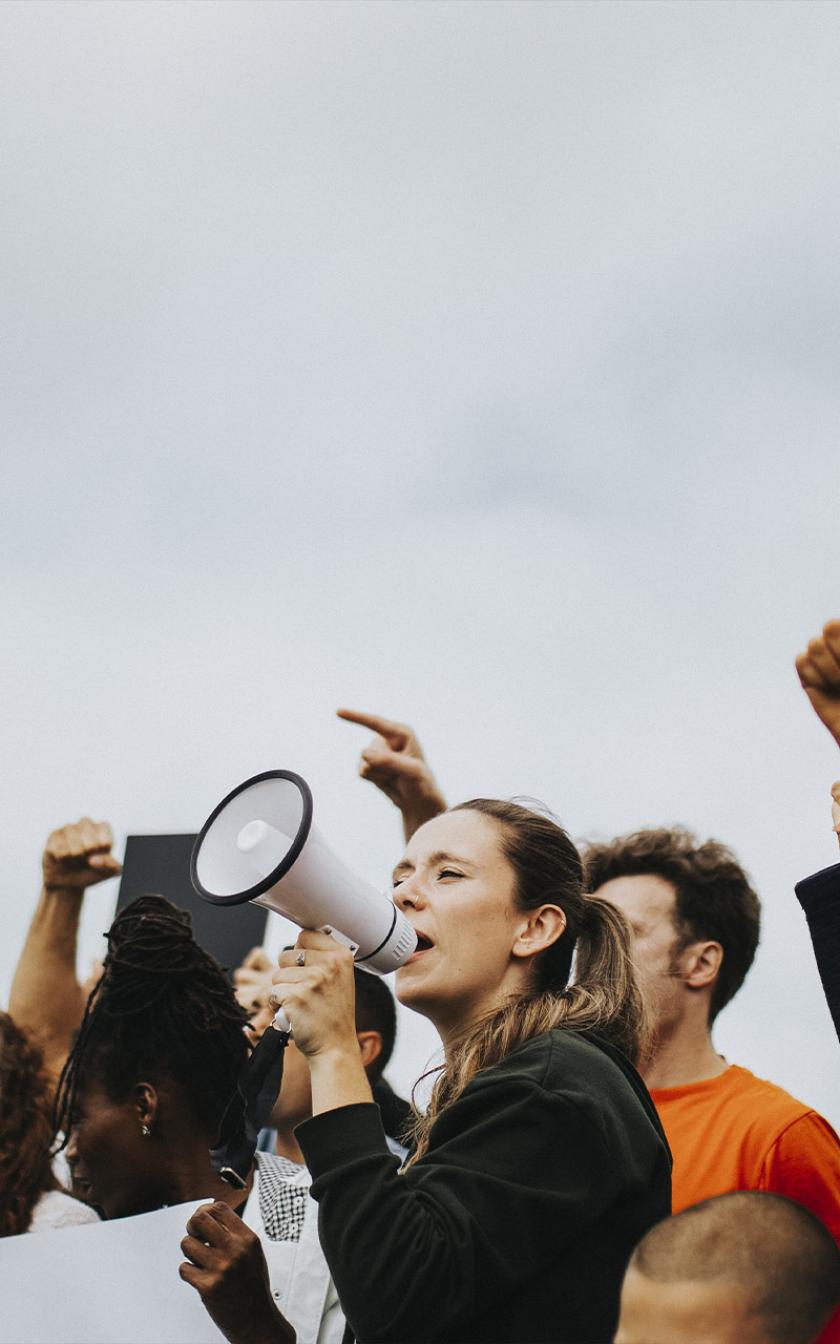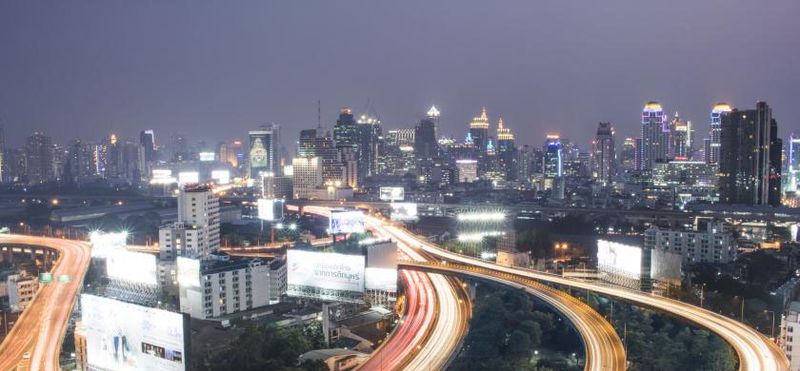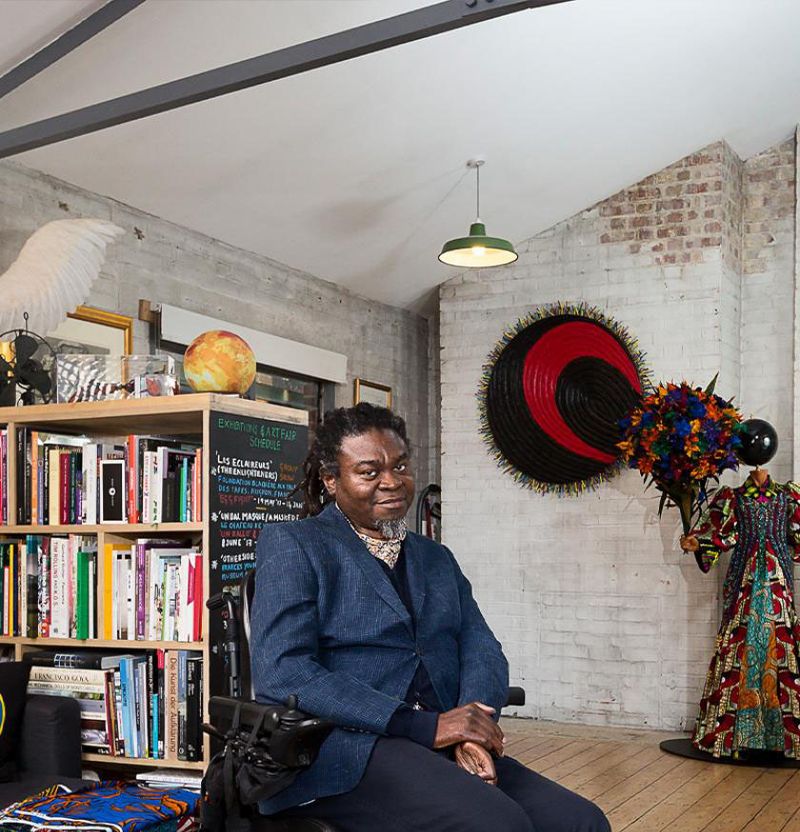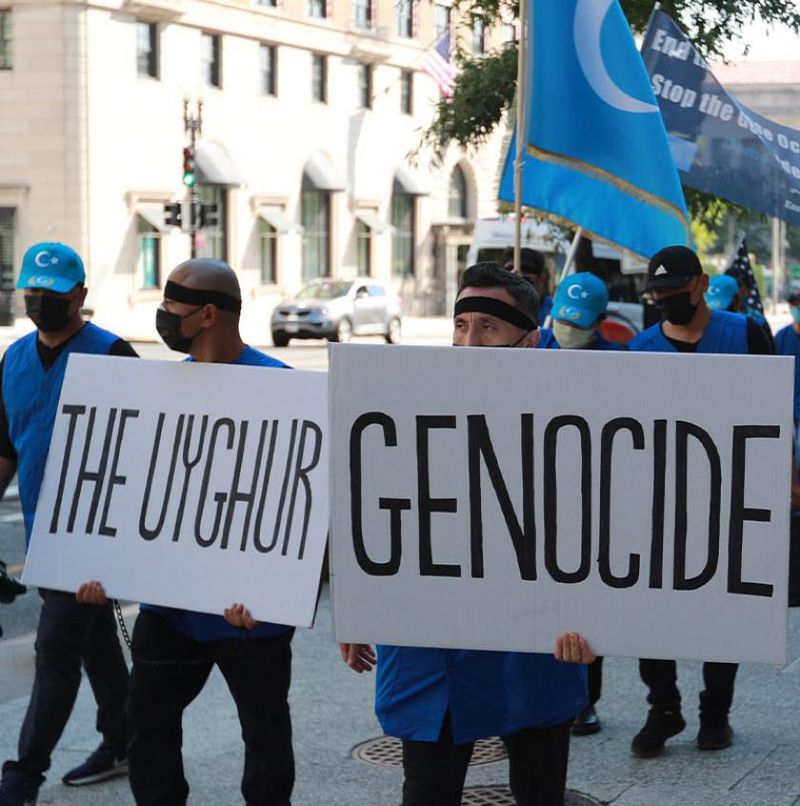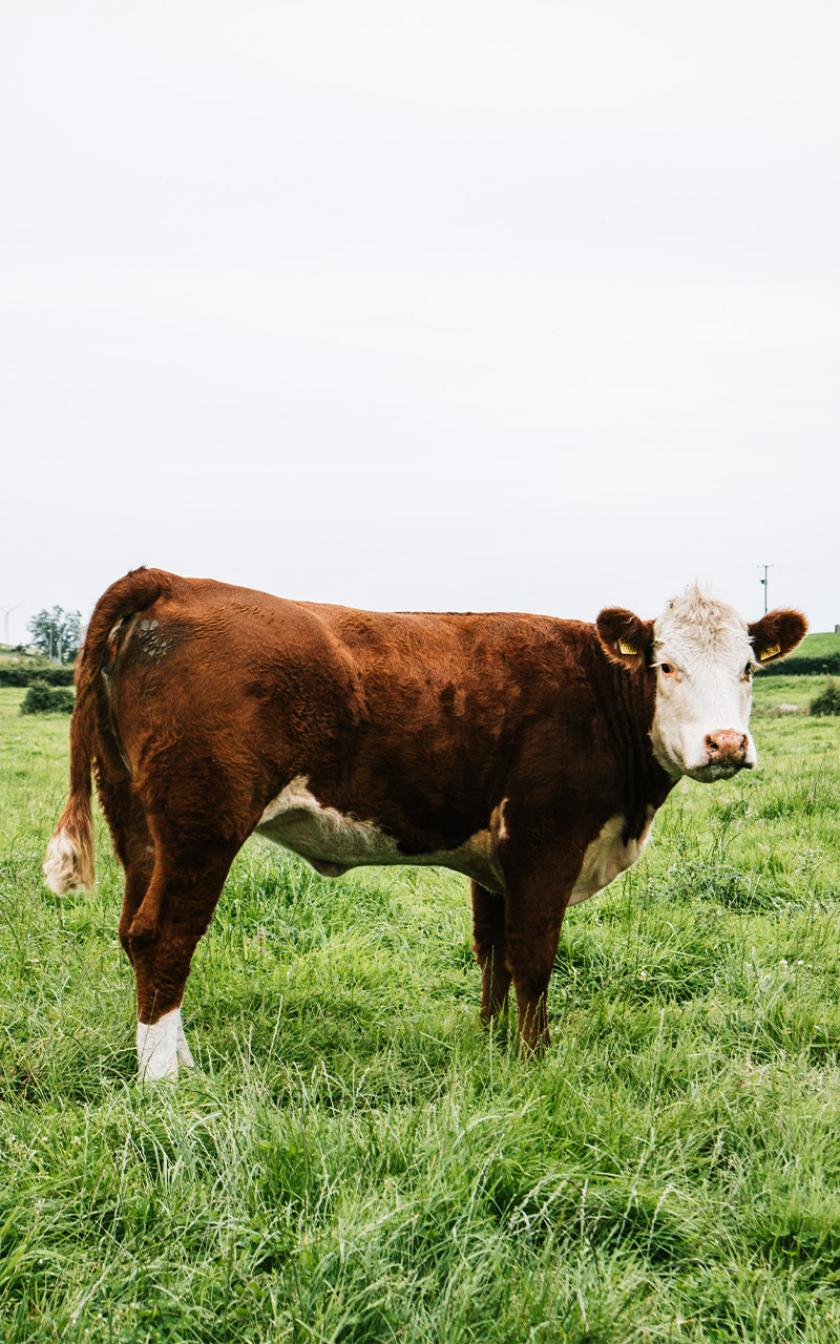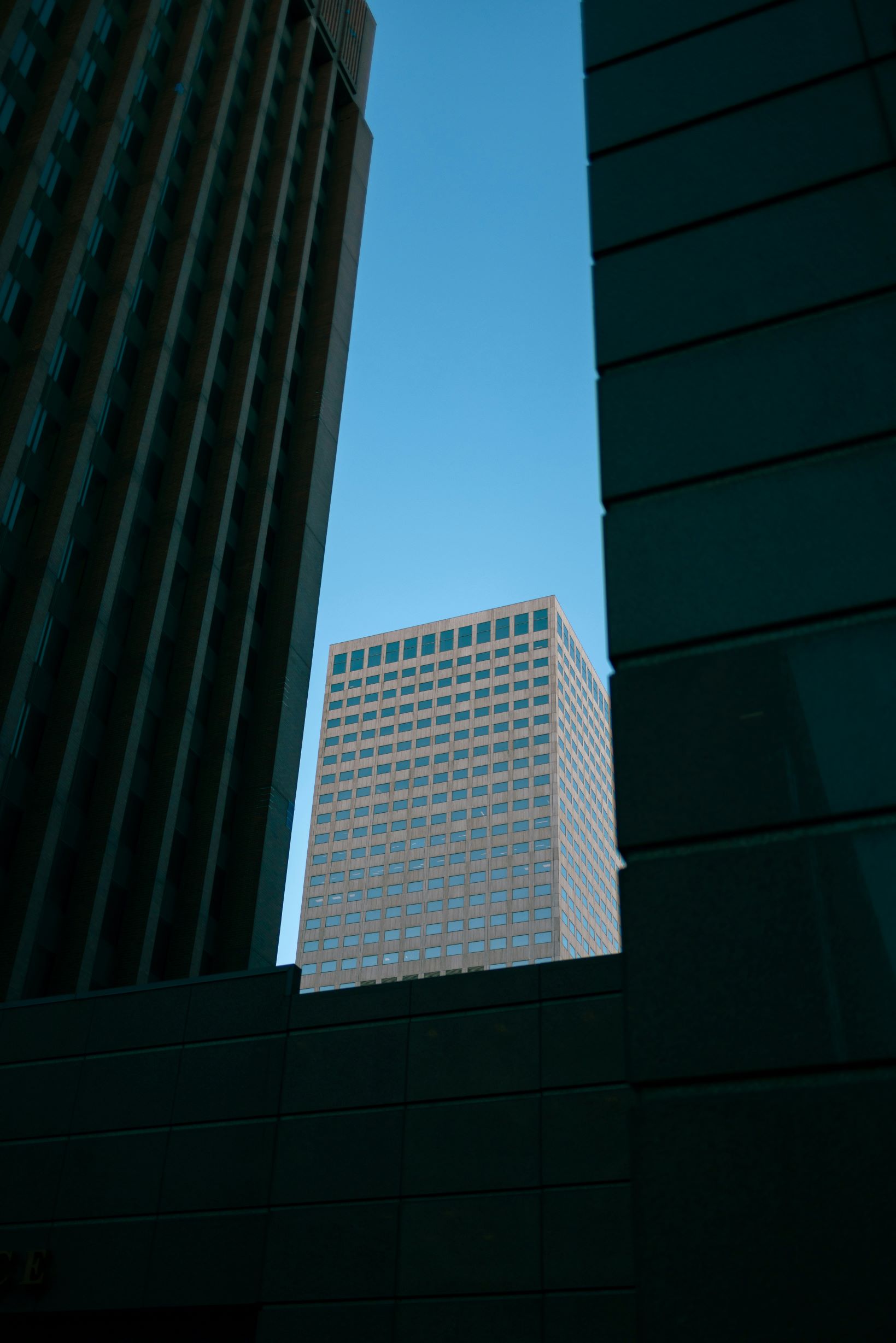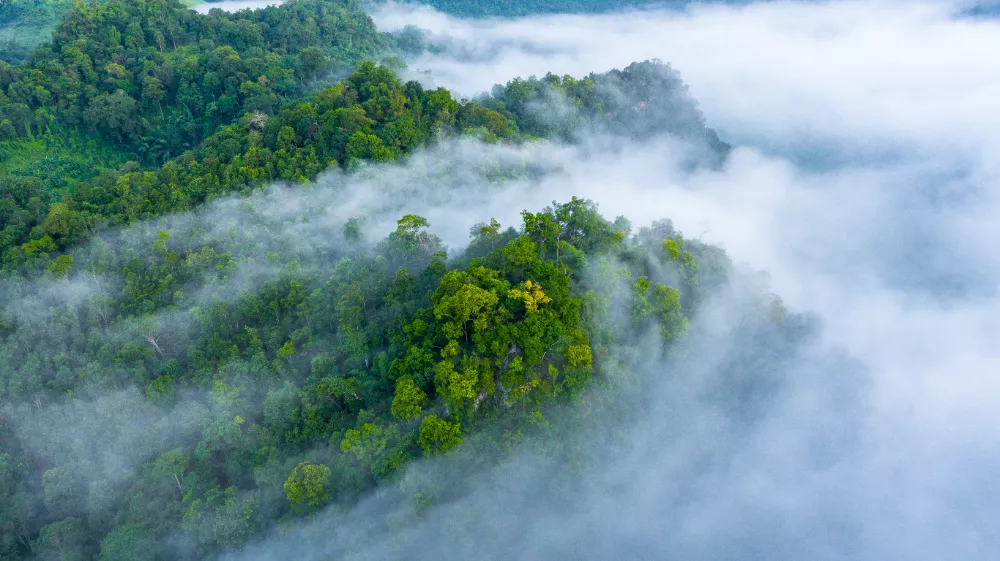

With reporting and insights from Daleth Oliveira in Belém.
As COP30 draws global attention to Belém, frontline communities across the Amazon are already shaping the summit’s narrative, despite being sidelined from official processes. What lessons can we learn from the ground up?
In January of this year, Indigenous Peoples occupied the State Department of Education in Pará to protest a state law that threatened to dismantle schooling in indigenous villages. For Alessandra Korap Munduruku, winner of Goldman Environmental Prize 2023, this was yet another attempt to dismantle Indigenous rights. The response, she said, proved that defending the Amazon also means defending ancestral territories and traditional ways of life. After a month of protest, the Indigenous communities left victorious: the law had been repealed.
The occupation marked the symbolic start of COP30 for those living in the Amazon. In Belém, activists, organisations, and communities are mobilising to turn the climate summit into more than a diplomatic gathering. It is an opportunity for the world to see, hear, and feel the region’s struggles, by listening to local voices. Despite challenges such as poor sanitation and limited public transportation, hosting the global climate conference in the Amazon carries undeniable political and symbolic weight. For the first time, the world’s largest climate event will take place in the most strategically important biome for the planet’s future.
But in Belém, talk of COP30 has increasingly become talk of construction. The city has turned into a massive worksite that barely reflects the spirit of the conference. New roads are being built at high environmental cost, including the widening of Rua da Marinha and the creation of Avenida Liberdade. These projects expose an urban development model that buries creeks, paves over green areas, and devalues urban forests - even in one of the places most vulnerable to climate collapse. A 2023 study by CarbonPlan and The Washington Post found that Belém could become the world’s second hottest city by 2050.
Still, grassroots organisations and social movements across the Amazon are mobilising to ensure their voices are part of the conversation. A civil society committee was created to shape how local participation will take place during the conference. Parallel initiatives are also emerging, such as the People’s COP (COP do Povo), the Amazon People’s Summit (Cúpula dos Povos), and the COP of the Baixadas (COP das Baixadas), which aim to create alternative spaces for narrative building, connecting urban peripheries, youth, quilombola communities (Afro-Brazilian communities primarily located in rural areas of Brazil), and Indigenous leaders from across the Pan-Amazon.
On the official side, the Brazilian government has pledged that the Green Zone, the public space of COP dedicated to civil society, will be inclusive and participatory. Brazil will oversee the area’s coordination and has promised to give space to Amazonian organisations. According to COP30 President André Corrêa do Lago, protests and demonstrations will not be repressed during the event - an important assurance given past attempts to limit civic expression at other climate summits.
On one hand, there is progress. On the other, the risk of corporate capture looms. As seen in recent COPs, fossil fuel and mining companies are vying for influence. In Belém, the mining giant Vale, responsible for two of the worst environmental disasters in Brazilian history, is funding key infrastructure for the conference, including Parque da Cidade and Porto Futuro II. The contradiction is clear: a company accused of violating Indigenous and riverine community rights will serve as a showcase for sustainability to the world.
This scenario is worsened by the political offensive currently underway. Recently, the Brazilian Senate approved Bill 2.159/2021 - known as the “Devastation Bill” - which weakens environmental licensing and could open the door to large-scale projects without proper impact assessment. In the state of Pará, the government authorized the blasting of rock formations in the Tocantins River to improve barge navigation, threatening sensitive ecosystems and riverside communities. Additionally, the federal government has announced new railway auctions in the Amazon, without guaranteeing free, prior, and informed consultation with affected Indigenous and traditional peoples. All these measures reflect a development model that serves agribusiness at the expense of the environment, the climate, and life itself.
That is why COP30 must break with the logic of invisibility and contradiction that characterizes the Brazilian state’s actions.
Hosting the conference in the Amazon is not enough if political decisions continue to favour economic interests over the rights of those who protect the forest. The region is strategic not only because of its biodiversity but also because of the political and cultural strength of its peoples, who have resisted for decades against violations carried out in the name of progress. If COP30 is to offer real answers to the climate crisis, these voices must be at the centre of the debate, not as a symbol, but as a driving force. The Amazon cannot serve as a stage for greenwashing: it must be heard, respected, and protected.
For those working on COP30, these contradictions cannot be ignored or smoothed over. There is a risk of narrative capture. Campaigns must start by listening, building relationships with local actors, and refusing easy symbols in place of lived leadership.
Daleth Oliveira
Daleth Oliveira is an award-winning journalist from Pará, the state where COP30 will take place. Daleth has reported for O Globo, Intercept Brasil, Repórter Brasil and others, and her work has exposed land conflicts, illegal deforestation, and state and corporate complicity in the Amazon.
Related news
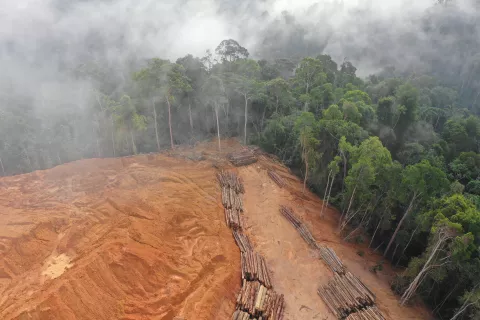
COP30 domestic challenges: Can Lula hold the line - and what happens if he can’t? [Sam Cowie & Daleth Oliveira]
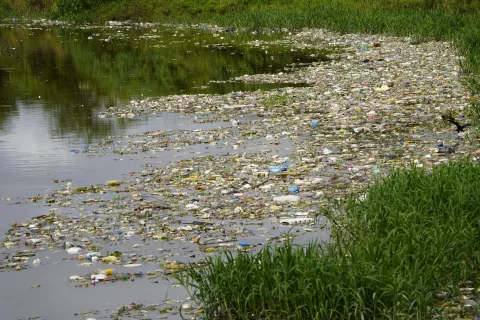
COP30 climate finance: From promises to power plays [Sneha Yadav]
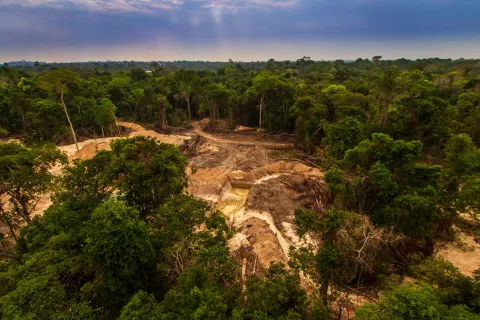
COP30 must put justice at the centre of the minerals transition [New op-ed]
